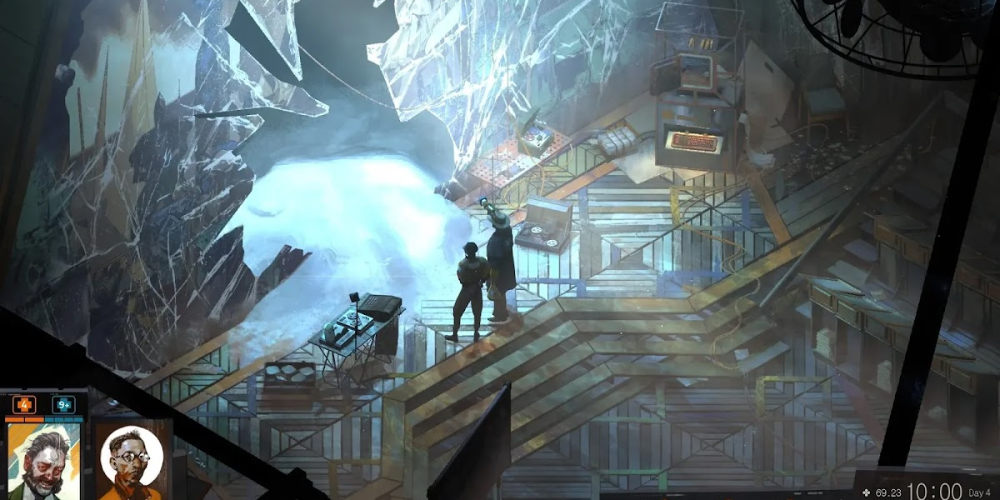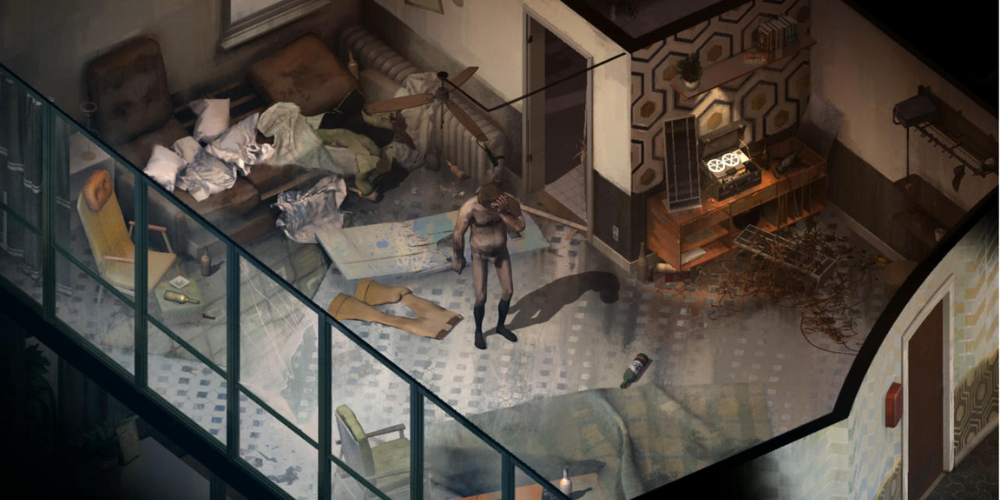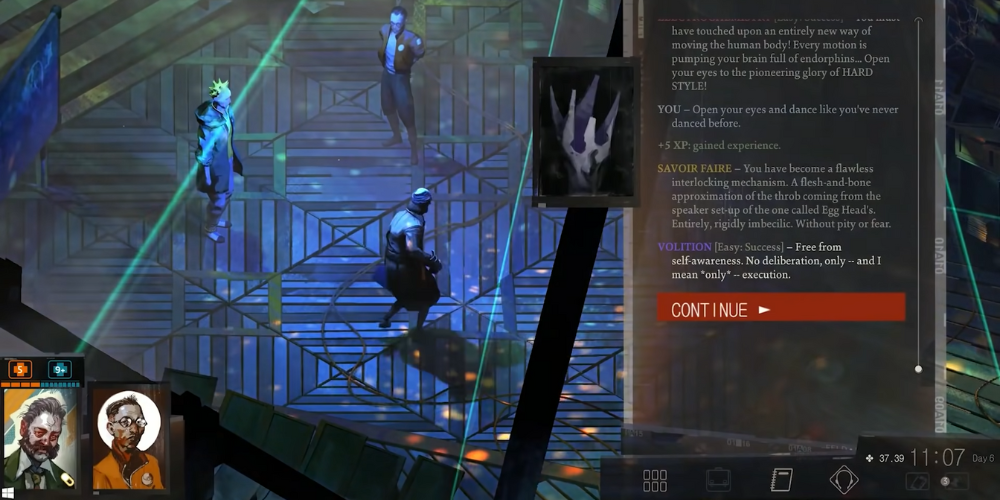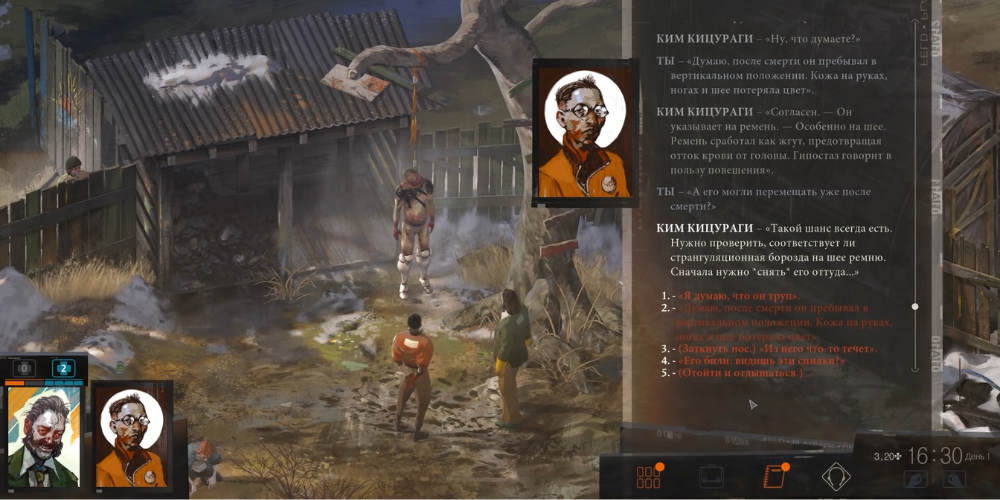Disco Elysium: Breaking Down the Political Spectrum

In the world of video games, few have dared to tread where Disco Elysium has confidently set foot. This groundbreaking role-playing game (RPG) developed by ZA/UM doesn’t just allow players to navigate through a richly detailed world; it also confronts them with a complex array of political ideologies that influence both the story and gameplay. Unlike most RPGs, where morality is often a binary choice between good and evil, Disco Elysium presents a nuanced spectrum of political thought, offering a more profound exploration of ideology and its implications on society.
At its core, Disco Elysium is a detective story set in the city of Revachol, a place steeped in political history and turmoil. Players find themselves as a detective who, after a bout of severe memory loss, must solve a mystery while navigating their own complex web of beliefs and biases. This journey is not just about solving a crime but also about the detective's self-discovery and where he stands on the political spectrum, which features prominently in the game's narrative and mechanics. Let's dive deeper into the game's portrayal of these ideologies.
Communism
As one of the key political ideologies featured in Disco Elysium, communism is portrayed with both its idealistic aspirations and its pitfalls. The game delves into the history of communism in the city of Revachol, emphasizing the revolution that aimed to overthrow the existing capitalist structures. Players can adopt communist thoughts, which influence interactions with other characters, including sympathizers and detractors. This ideology is characterized by aspirations for equality, the abolition of class structures, and the collective ownership of property and means of production.
However, the game does not shy away from confronting the player with the challenges and contradictions of communism. It questions the feasibility of its ideals given human nature and historical attempts to establish a communist society. Through its complex characters and their stories, Disco Elysium portrays communism not as a monolithic doctrine but as a multifaceted ideology with both deeply passionate advocates and profound criticisms.
Moralism

Moralism in Disco Elysium serves as the game’s version of centrism or moderate politics. It represents a balancing act between the extremes, advocating for a stable, functioning government that upholds the status quo. Moralist thought is deeply intertwined with the idea of maintaining peace and order, avoiding the pitfalls of radical changes that could lead to chaos and destruction.
The game explores moralism through the lens of compromise and pragmatism. Players who gravitate towards this ideology will find themselves often trying to mediate conflicts and find a middle ground among the various factions within Revachol. However, the challenge with moralism, as portrayed in Disco Elysium, is its potential for inertia. There’s a critique embedded within this ideology’s portrayal: the danger of becoming too complacent or indifferent, leading to stagnation and the perpetuation of existing injustices under the guise of stability.
Fascism
Fascism is depicted in Disco Elysium with a chilling level of realism. It is an ideology that champions national superiority, authoritarian governance, and a strict societal hierarchy based on race, ethnicity, and power. Players have the option to explore or adopt fascist thoughts, which radically alter the game’s narrative and the nature of interactions with various characters and factions.
The game presents fascism not just as a set of political beliefs but as a dangerous and seductive force that can consume individuals and societies. It delves into the psychology of fascism, including the appeal of belonging and the fear of the other. Through its portrayal, Disco Elysium warns of the consequences of fascism: the erosion of freedom, the spread of hatred and violence, and the ultimate collapse of the very fabric of society. That said, the game also invites players to think critically about how and why such ideologies take hold.
Ultraliberalism

Ultraliberalism in Disco Elysium is an exaggeration of free-market capitalism. It promotes the idea of absolute freedom for businesses and the economy, with minimal government intervention. Through this ideology, the game scrutinizes the concept of hyper-capitalism, where wealth and power are concentrated in the hands of a few, leading to vast social and economic inequalities.
Playing as an ultraliberal detective, you are pushed to prioritize economic interests over social welfare, often at the expense of the marginalized and disenfranchised. The game presents ultraliberalism as a double-edged sword: while it champions individual liberty and innovation, it also fosters a cutthroat environment where the rich get richer. The portrayal of ultraliberalism serves as a critique of unbridled capitalism, asking players to consider its impact on society and the individual.
Exploring the Ideological Spectrum
Disco Elysium’s brilliance lies in its ability to immerse players in a world where political ideologies are not mere backdrops but active elements that shape the narrative. Each ideology presented in the game comes with its set of beliefs, criticisms, and implications, inviting players to explore and question their own political leanings. The game ensures that no ideology is portrayed as entirely right or wrong; instead, it emphasizes the complexities and nuances inherent in each.

As players navigate through Revachol and interact with its inhabitants, they are constantly confronted with choices that test their political alignments. These choices have tangible consequences in the game, affecting everything from the outcome of the mystery to the fate of the city itself. It's a dynamic exploration of how political ideologies can influence individuals and societies, for better or worse.
Moreover, the game underscores the importance of understanding and empathy. By presenting a variety of perspectives, Disco Elysium encourages players to engage with and understand ideologies different from their own. It’s an invitation to dialogue, to explore the gray areas rather than retreating into the comfort of black-and-white thinking.
Conclusion
It challenges players not just to think about where they stand on various issues but to understand the broader implications of these ideologies on society. By presenting a world rich with political complexity, the game offers a unique opportunity for introspection debate a deeper understanding of the political spectrum. Disco Elysium doesn’t provide easy answers but instead encourages a thoughtful exploration of the questions that matter.
In the end, Disco Elysium is more than just a game: it’s a reflection on the human condition, the power of ideology, and the search for meaning in a tumultuous world. Whether you're deeply invested in political thought or simply looking for an engaging narrative experience, Disco Elysium delivers a compelling journey through the political spectrum that is as enlightening as it is entertaining.







